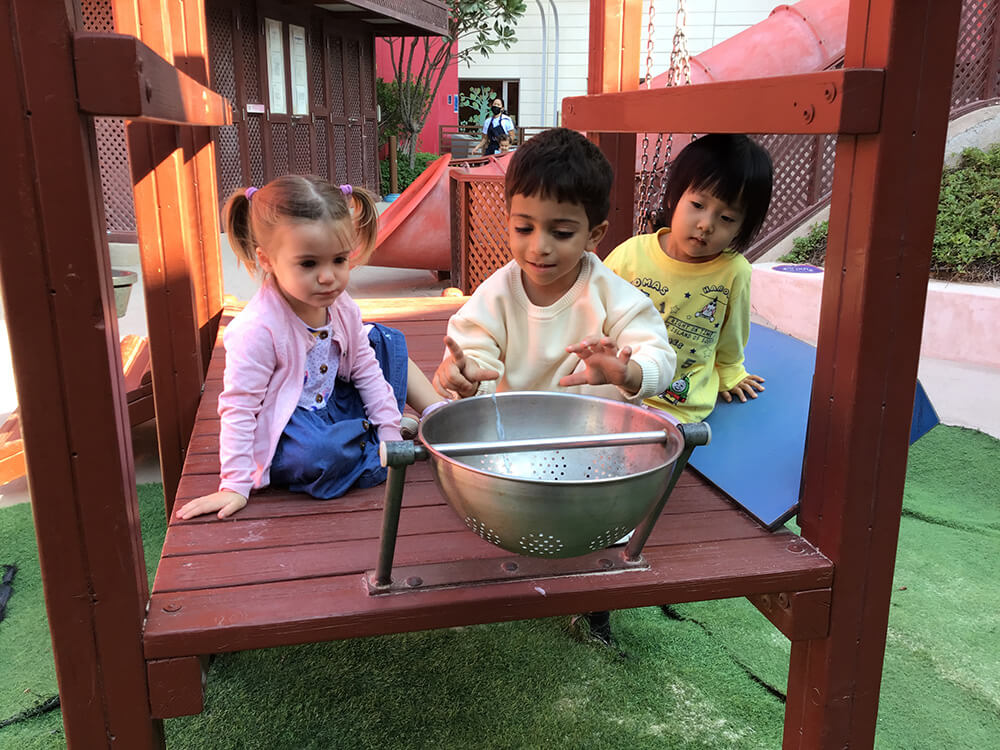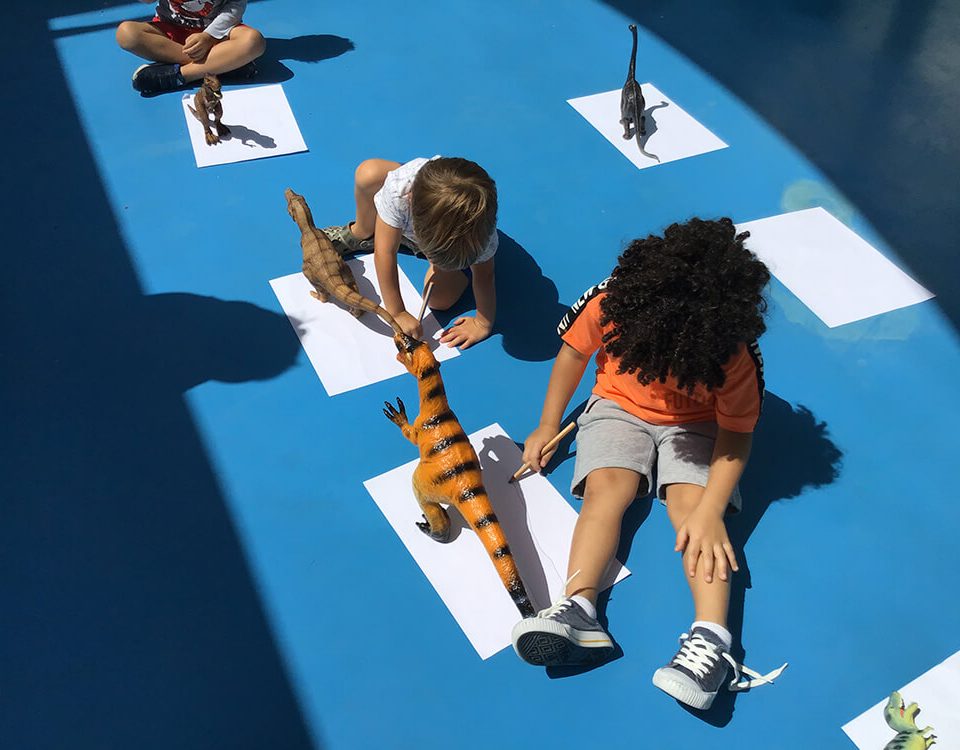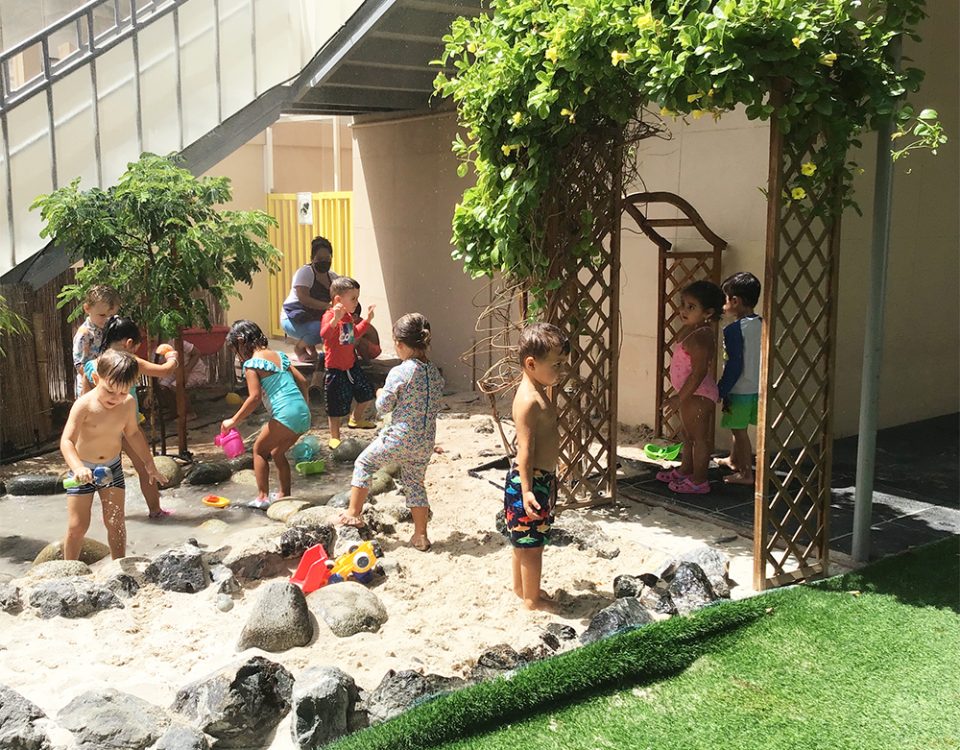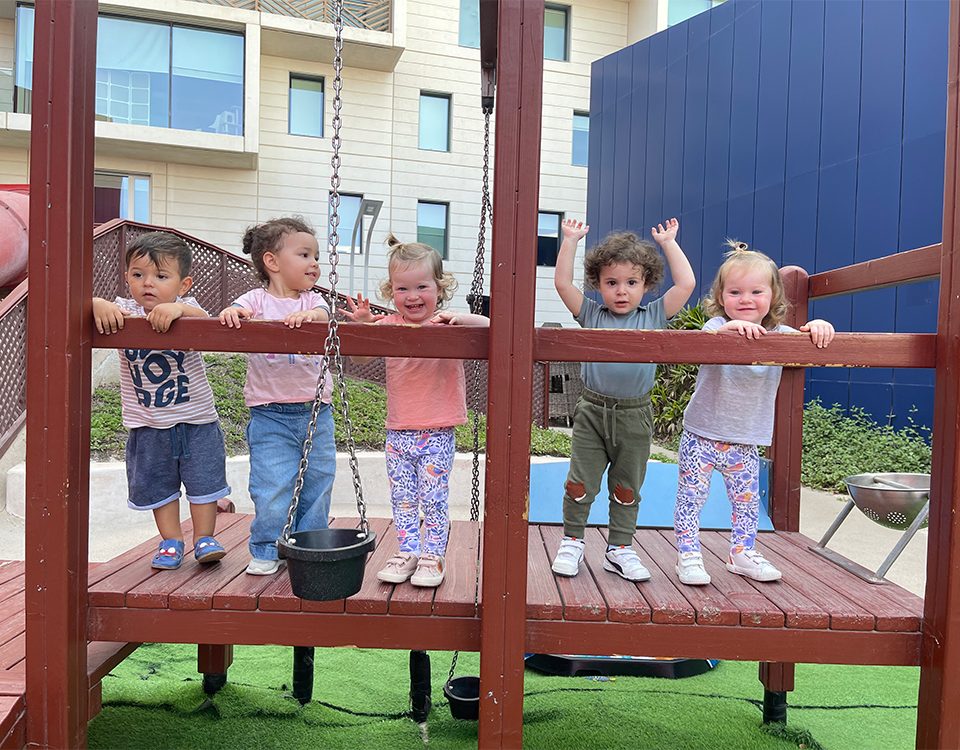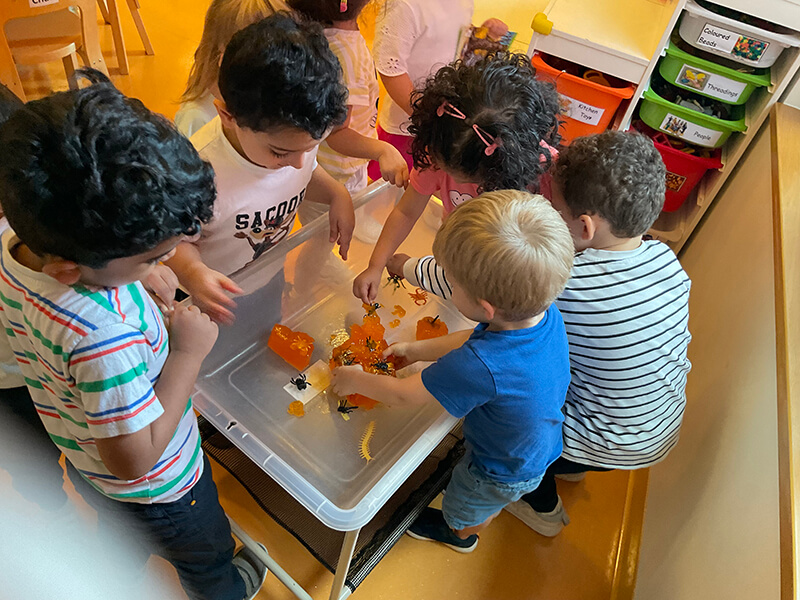


Saadiyat News – October 2021
26/10/2021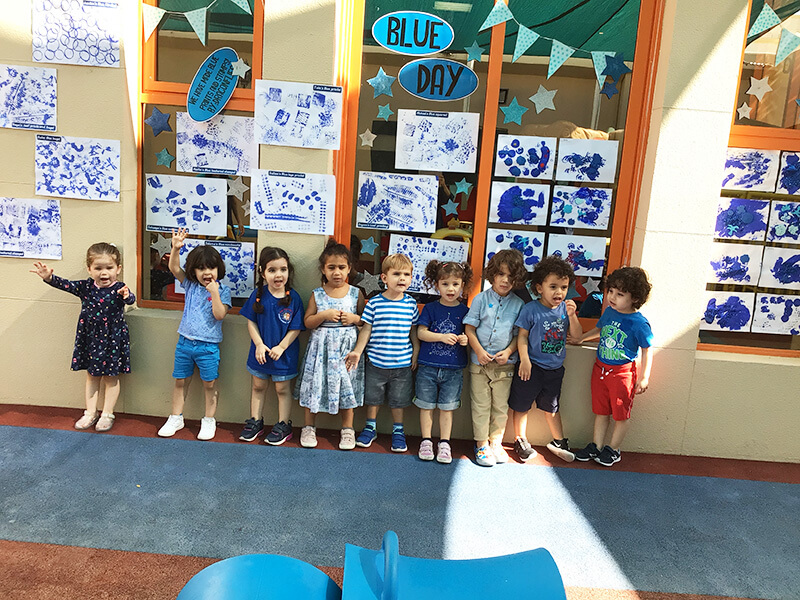


Mehairba News – November 2021
22/11/2021How To Teach Your Children About Tolerance
In our societies today we simply cannot deny that we are surrounded by differences in ethnicity, religion, culture, gender, disabilities and other differences.
Some people love to be surrounded by a multicultural society while others do not feel at ease. This mostly depends on our own exposure and attitudes towards our interactions with different people.
Why encourage tolerance in our children?
To start with, we want our children to feel relaxed and open to learning from different cultures. They bring new ideas, experiences and energy to our lives. Our children can potentially learn bundles from other cultures.If willing, tolerance opens doors in business, education, travel, leisure, lifestyle, art plus other areas of life.
To help our children have a successful future, they need to be able to work with others. They need to not be afraid, to step outside their comfort zone and to understand, learn, respect and appreciate others. Tolerance is not about accepting bad behaviour, but accepting “people” for who they are and treating those how “you” wish to be treated. Remind your children of this consistently.
Being tolerant of differences doesn’t mean sacrificing your own heritage or beliefs. We can be proud and stand by those beliefs 100% while continuing to celebrate the differences of others. The tolerance level that parents possess naturally teaches their children the same message. Children closely watch and imitate us, even before they can speak. Children will mirror the values and attitudes of those they love and look up to. Parents who model and display tolerance in their every day actions and words teach their children to appreciate differences in others too. So we teach by example and provide them with opportunities to play and work with others. Children can’t “just” be told, they need to experience first hand how people who are different and similar to themselves can contribute in numerous ways.
Here are some tips for how to teach your children tolerance.
- Look at the way you treat and speak to others. Does this reflect tolerance? Demonstrate a respect for others and reflect on your own attitude regularly.
- Children listen and learn from you. At school, I have often overheard children stereotyping and joking about the slang names given to different groups. When asked about those words they mostly tell me that is what they have heard used at home. Even if you’re having a conversation with your partner, be mindful that your children may be listening. Think carefully about the words you use. By all means talk about differing groups in a factual and informative manner, but avoid joking and any degrading name-calling. Your children may repeat what they have heard and sometimes in less private situations.
- Answer your child’s questions honestly and respectfully. Everyone notices differences in people so it is perfectly okay to discuss them with your children if done in a respectful way.
- Choose programs, movies, stories and games that value differences. The media has a powerful ability to shape attitudes. If you do watch or see something that is prejudice, be sure to talk about it with your children and the hurt it can cause to those groups
- Expect your children to treat others with respect. By modelling tolerance yourself, you should certainly not accept disrespectful behaviour both inside and outside your home.
- Value the differences within your own family. Accept the qualities each member possesses regardless of differing styles, interests and abilities. Help your children feel values for who they are too.
- Foster self-esteem in your family. We all know that people who don’t respect others rarely feel happy and secure within themselves. Children who do feel good about themselves tend to be more courteous towards others.
- Involve your children in situations where diversity is present. This may be at sport, school, day care and camps.
- Learn together about other cultures and traditions. Explore how different cultures celebrate occasions in their own special way and go about life. Talk about it and appreciate the experience.
- Teach your own family traditions to your children and encourage pride. Value and talk about where you belong and be open to teach others what you have to offer.
Think about the behaviors you wish to see in your child. Then model those behaviors, because children
will mostly follow in your footsteps.


